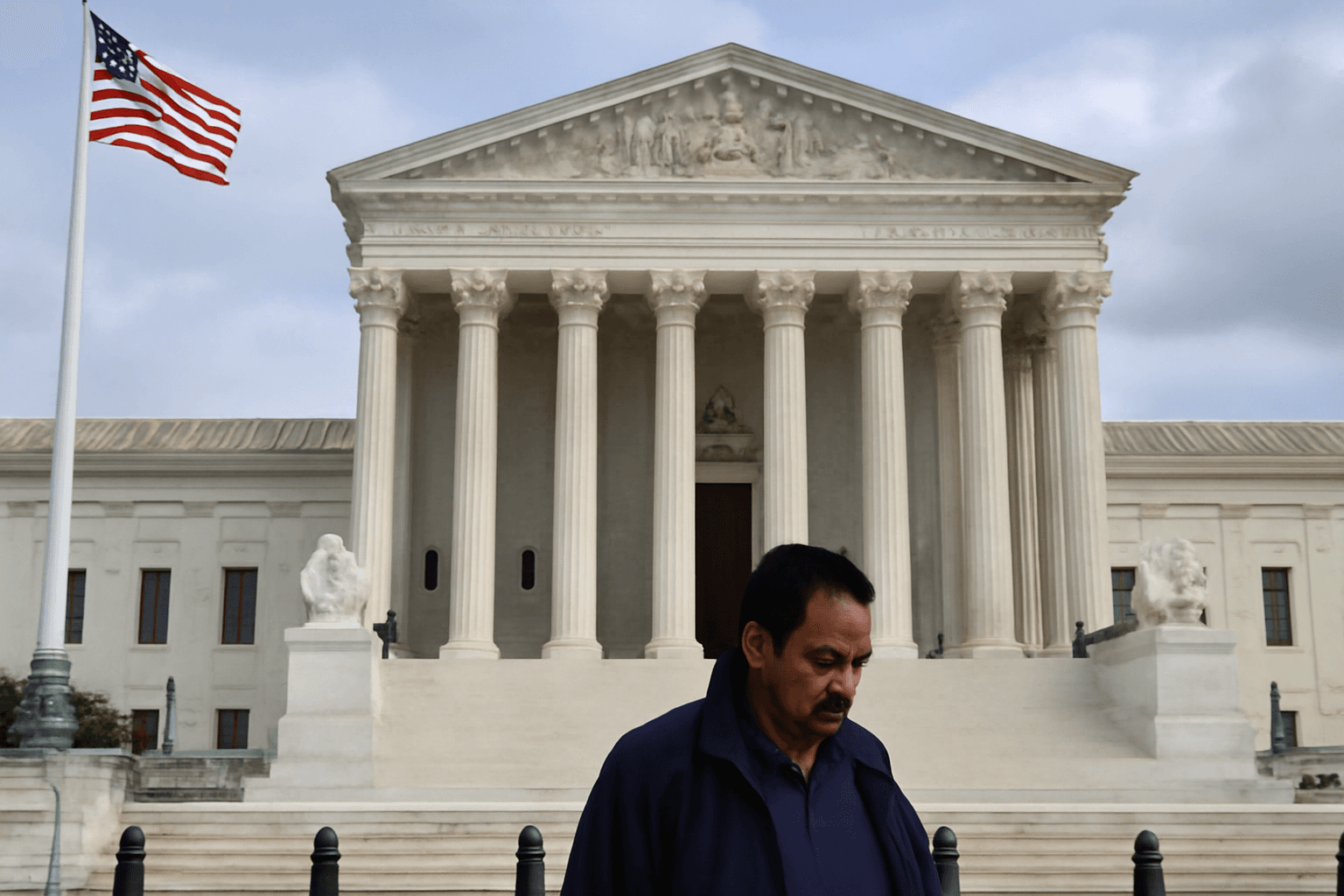Utah Lawyer Penalized for Filing Brief with False AI-Generated Citations
A Utah attorney has been sanctioned by the state's court of appeals after submitting a legal brief containing fabricated citations generated by artificial intelligence tool ChatGPT. The incident raises concerns about the use of AI in legal research and documentation.
Background of the Case
The attorney, Richard Bednar, along with co-counsel Douglas Durbano, filed a petition for interlocutory appeal in the Utah court of appeals. The brief was prepared by a law clerk within their firm but was not properly reviewed before submission.
Discovery of False Citations
The opposing counsel identified several citations in the petition that did not correspond to any actual legal case or precedent within known legal databases. Investigations revealed that some portions, including quotations and case references, appeared to have been generated by ChatGPT. Many references were unrelated to the subject matter at hand, further indicating fabrication.
“At least some portions of the petition appear AI-generated, including citations and quotations to cases that do not exist and are unrelated to the case,” noted court documents.
Legal Consequences and Sanctions
Bednar acknowledged the errors contained in the filing and issued an apology for the oversight. The court found him culpable for submitting a petition with fictitious legal precedents created by AI.
The sanctions imposed by the court include:
- Payment of the opposing counsel’s attorney fees and hearing costs.
- Refund of legal fees to the client.
- A mandated donation of $1,000 to And Justice For All, a Utah-based nonprofit legal organization.
- All penalties are to be fulfilled within 14 days.
Implications for Legal Professionals
This case underscores the critical importance of thorough fact-checking and human oversight when integrating AI tools into legal workflows. While AI can aid efficiency, reliance on unverified AI-generated content, especially in legal citations, can lead to serious professional and ethical violations.
Legal practitioners are urged to implement stringent review processes to avoid unintentional submission of fabricated information in official documents.



















